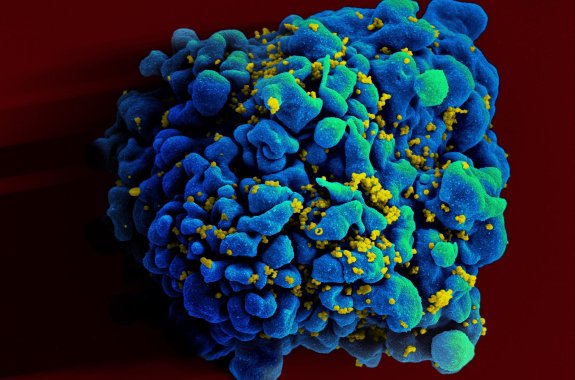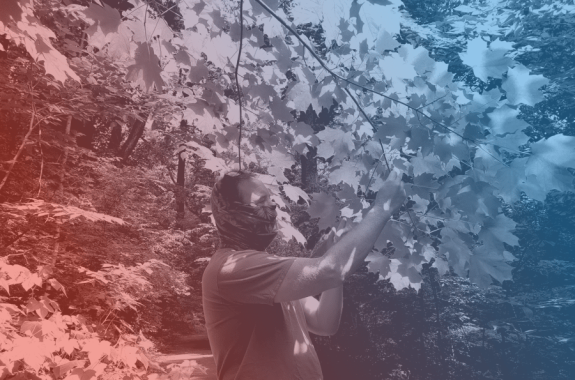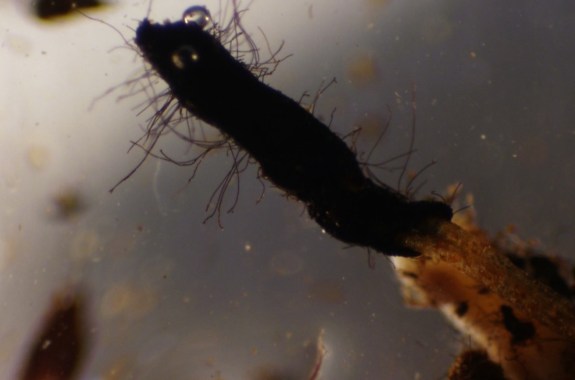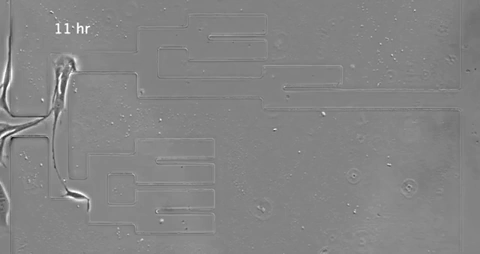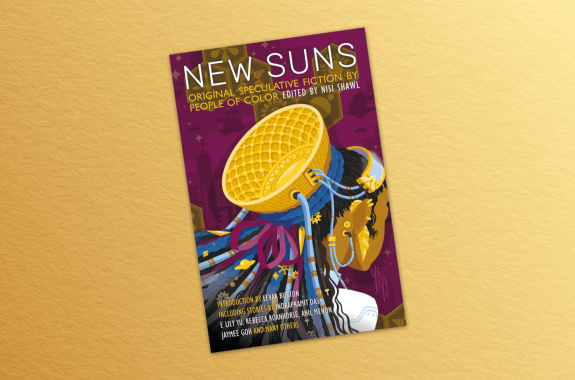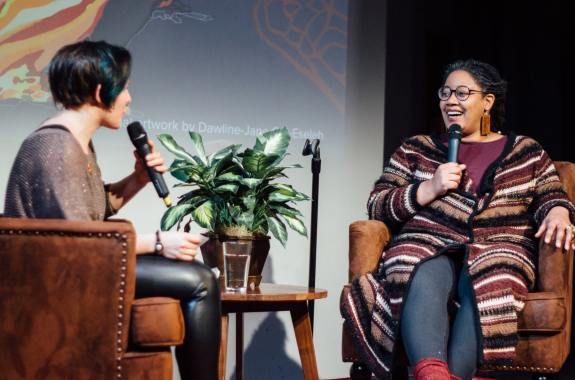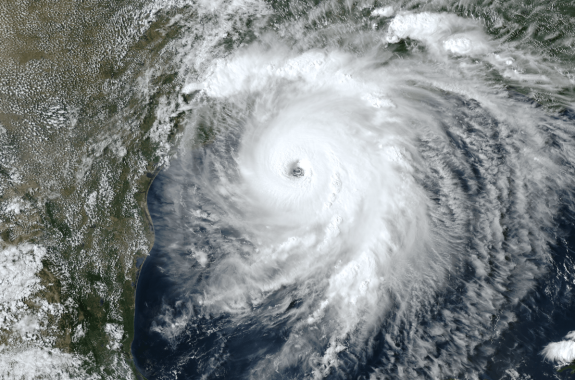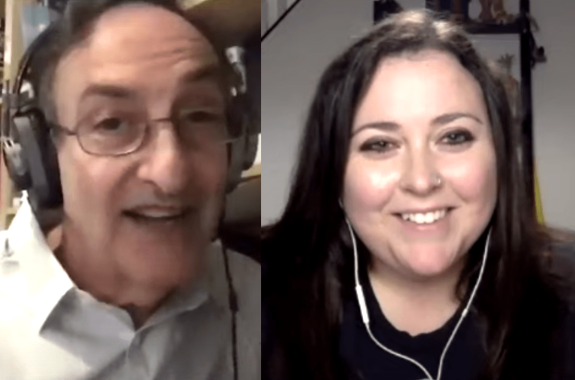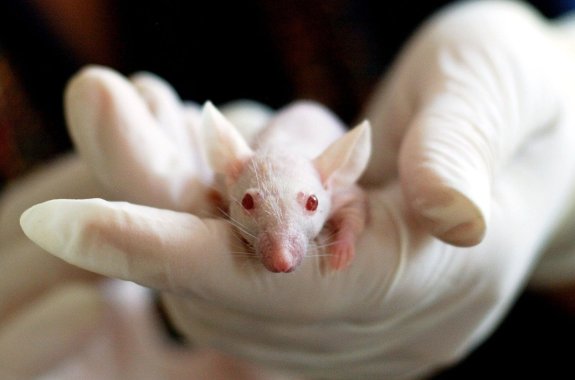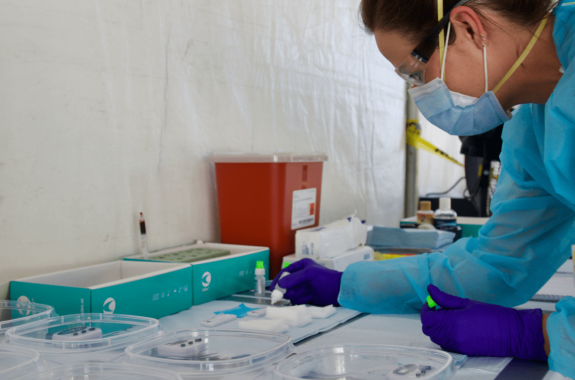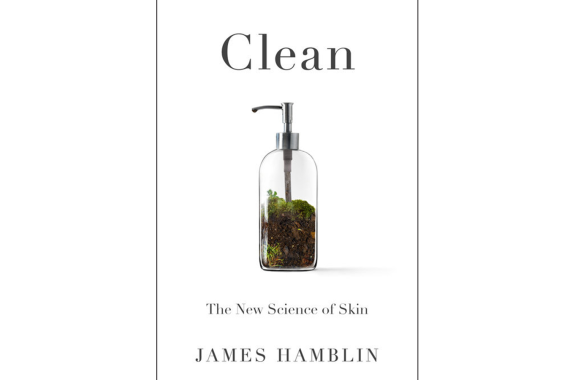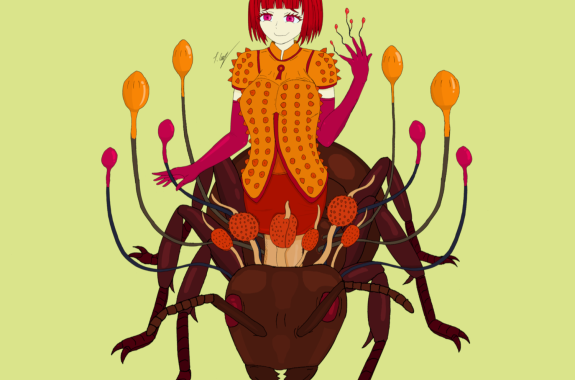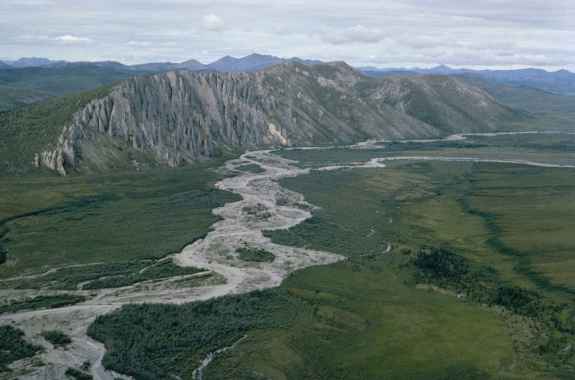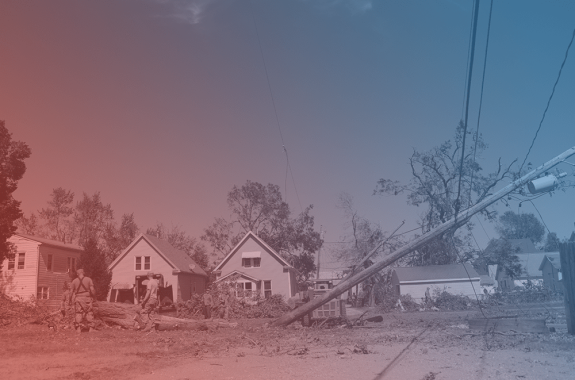On Today's Podcast
In The Age Of ICE, How Is Our Personal Data Getting Used?
It's easier than ever for companies to collect your personal data and compile it into a profile for advertisers, ICE, and other agencies.
Listen NowFebruary 6, 2026
The mountaineering history behind "skimo," a new Winter Olympic event. Plus, new USDA dietary guidelines tell us to “eat real food.” Should policymakers get highly processed foods out of our stores and school lunches? And, it's easier than ever for companies to collect your personal data and compile it into a profile for advertisers, ICE, and other agencies.
17:11
Amid The Pandemic, Other Diseases Still Lurk
As resources are being devoted to fighting coronavirus, diseases like tuberculosis and HIV may resurge.
16:48
NYC’s Trees: A Natural Defense Against Heat, But Not Equally Shared
Creating an urban forest ecosystem can help reduce the impacts of climate change.
11:58
Can Fungus Survive Climate Change?
Networks of fungi play a critical role in forest ecosystems—but climate change is decreasing their diversity.
16:37
A Cellular Race Through A Maze
Cells can solve mazes. What does this mean for cancer research?
17:25
Fact Check My Feed: Are Kids Really COVID-19 ‘Super Spreaders’?
Headlines disagree about kids and COVID-19. Here’s what the data says.
Preview: The Science Friday Book Club Reads ‘New Suns’
Nisi Shawl edits an exciting collection of science fiction and fantasy by people of color. We’ll read it later this fall.
Why We Built A New SciFri Book Club Community Space
We are creating an online space catered to book clubbers. Join our new community to gather and discuss science books!
11:43
How Did Hurricane Laura Get So Bad, So Fast?
How Hurricane Laura got so powerful, so quickly. Plus the strange CDC decision to narrow recommendations for COVID-19 testing.
16:54
Ask A Cephalopod Scientist: Getting Our Arms Around Your Questions
How do you measure cephalopod intelligence? What is the largest cuttlefish? And other questions for a cephalopod scientist.
11:55
A Mysterious Gas Is Discovered In The Milky Way
The discovery of a strange gas raises questions about the activity in the center of the Milky Way Galaxy.
17:14
How Your Indoor Air Ventilation Affects Coronavirus Spread
A mechanical engineering professor explains how to lower your risk of infection inside.
16:57
Bacteria May Hold The Key To Cancer Immunotherapy
Researchers have discovered that a species of bacteria can help turn on immune T cells in mice.
17:26
The Body Remembers: COVID-19, The Immune System, And You
There’s still plenty we don’t know about the novel pathogen, but your immune system seems to learn how to fight off COVID-19.
When Restaurants Were Chic Soup Spas
The first restaurants were for fancy French people trying not to eat.
What Happens When You Don’t Shower For Five Years
Author James Hamblin hasn’t showered in five years. In this excerpt of his new book, he recounts his approach to personal hygiene.
Why We Should Defend Parasites
From ‘Alien’ to ‘The Last of Us,’ parasites have a gruesome reputation. But parasitologists are finding ways to change the conversation.
12:24
Trump Administration Finalizes Plans For Arctic Refuge Drilling
The Interior Department is working to auction drilling leases by the end of the year.
16:33
A New Hope For Corals
After years of bad news for the aquatic icons, some good news out of Florida.
12:17
Dealing With The Aftermath Of Iowa’s Devastating Derecho
Last week, a severe inland storm hit the Midwest like a hurricane. Scientists and experts explain why they can be hard to predict.
17:15
An Argument For The Benefits Of Not Bathing
We’ve all been treating personal hygiene differently during quarantine. Writer James Hamblin discusses breaking the rules around cleanliness.
